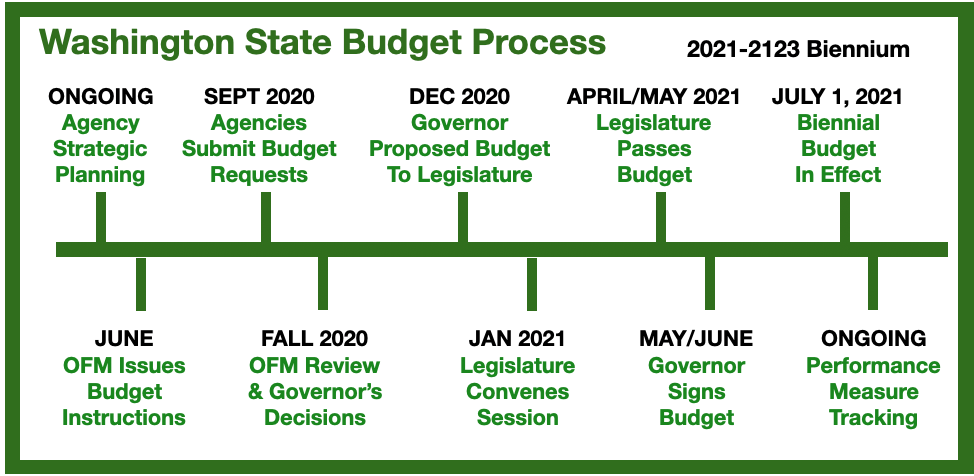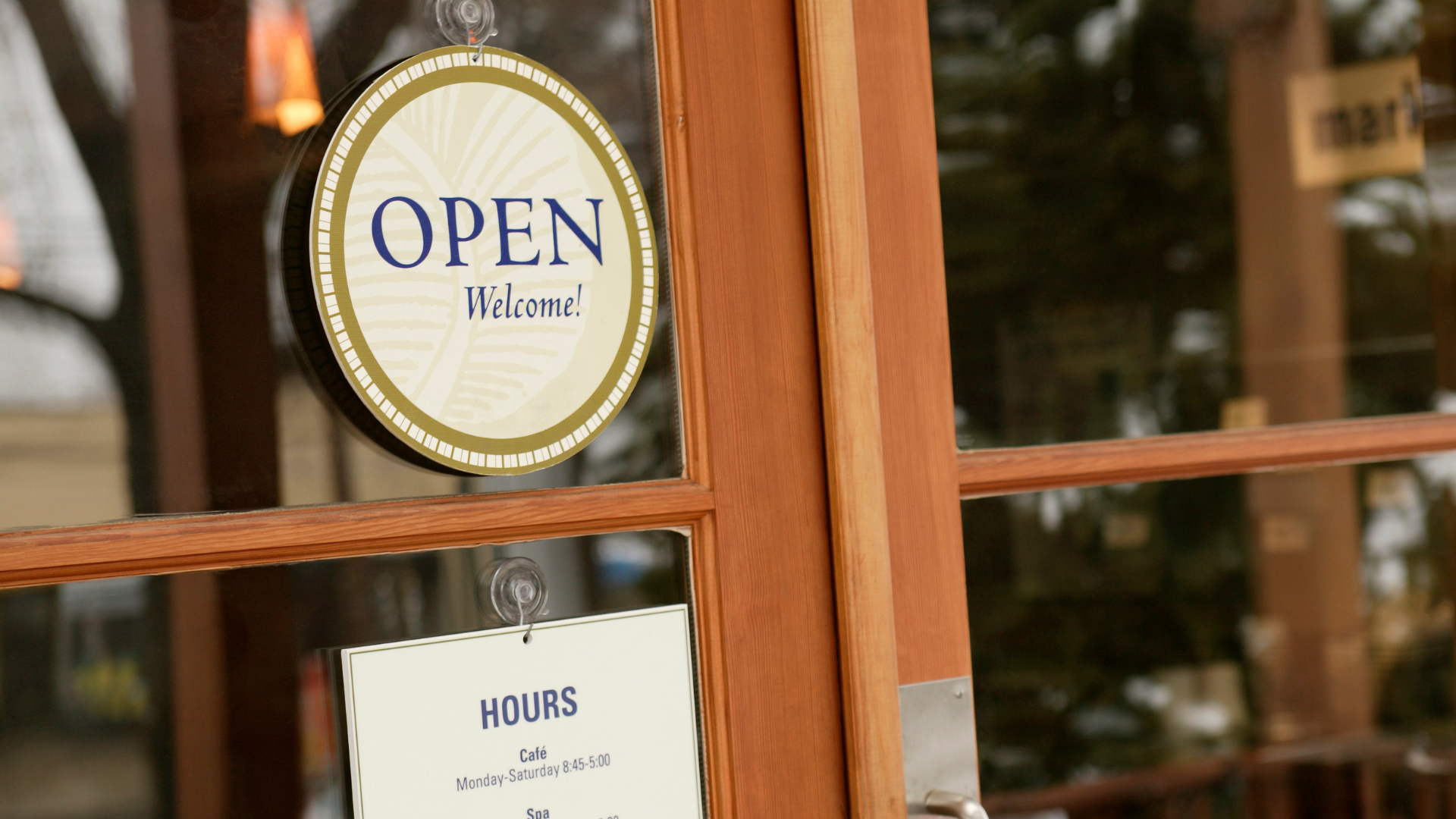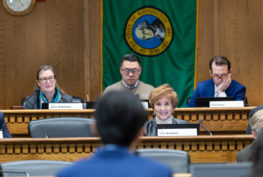Proposed budgets reviewed this week
This week marked the release of the proposed 2021-2023 budgets. Operating, capital, and transportation budgets came out of House and Senate for consideration. That means 4-6 hour hearings from organizations, agencies and individuals for each budget.
The operating budget funds ongoing state expenditures for our K-12 system, early learning, higher education, employee compensation, healthcare and public health, mental health, human services, and natural resources. Yes, it’s the big one and K-12 accounts for more than half the budget so there’s lots of work for me as Chair of that area.
The capital budget funds one-time infrastructure projects. In our district that includes repair of playgrounds, fixing well used public parks and trails, support for local museums and helping with construction and repair for important buildings at Bellevue College.
The Transportation Budget is particularly important to the eastside with communities growing at record levels with major Washington corporations moving to our area. The important I-90, 405 and the many off-ramps and exits into our towns help keep traffic flowing. Of course this budget also has to handle the repair of culverts across the state so the demands on the budget are considerable.
Much of our time as legislators involves engaging in our districts and around the state with a focus on topic areas that relate to our committees. This helps us understand the financial needs that are then addressed in these budgets.
Here are some highlights from the Senate’s proposed operating budget in K-12 Education:
- $1.7 billion in federal grants to assist school districts as they safely reopen and to help students with learning loss.
- $89 million in combined state and federal funding for special education.
- $33 million to increase counselors in high-poverty school districts.
- $191 million to stabilize school districts that have seen a decrease in enrollment, ensuring schools can be fully staffed when classes resume in the fall.
To read more about the Senate’s proposal for the operating budget, click here. I look forward to working through the budget process so we can get our neighbors’ needs addressed, and not just recover from the pandemic, but build back better.

House Bills get their final hearings:

This week also marked the final meeting for many policy committees, meaning it was our last day for considering House Bills through the policy committee process. The ones that have passed will now be considered by the full Senate or in the Senate Ways & Means Committee if they have a fiscal impact. We heard some powerful bills that I’d like to highlight below:
House Bill 1342 eliminates lunch co-pays for students who qualify for reduced-priced lunch. The current $0.40 lunch co-pay can add up and be a real financial barrier for families facing food insecurity. We know that students do not learn as well when hungry, and no student should spend the school day stressed about not being able to eat for lunch. This bill received unanimous support in the Early Learning & K-12 Education Committee.
House Bill 1001 establishes a law enforcement professional development outreach grant program through the Criminal Justice Training Commission to encourage a broader diversity of candidates from underrepresented groups and communities to seek careers in law enforcement. A large part of effective policing is a police force that resembles the community it serves, which encourages positive interactions and responses with families, individuals, and businesses.
House Bill 1044 creates prison-to-postsecondary-education pathways, including workforce degree programs, bachelor’s programs, certificates, and pre-apprentice programs. Correctional education programs promote literacy skills, improve job prospects, and reduce recidivism. I strongly believe in providing paths out of recidivism and the reintegration of previously incarcerated individuals into our communities, of which they are valued and contributing members.
House Bill 1127 protects the privacy and security of COVID-19 health data collected by third parties. This bill specifies privacy and security obligations for the collection of COVID-19 health data and restricts the collection and retention of that data. This bill aims to preserve consumer privacy and trust while still utilizing resources that help us combat the virus.
Working Washington small business grants
On March 29, the Department of Commerce will open applications for the fourth round of the Working Washington grant program thanks to new funding the Legislature recently approved. These grants are intended to help small businesses in industries that have faced the most significant challenges to pay hard costs because they were required to close during the pandemic.
The application portal will be open until 5:00 PM PDT on April 9. Application information and technical assistance are available in multiple languages and accessible to a wide range of people with disabilities. Click here to learn more.
 Best,
Best,



